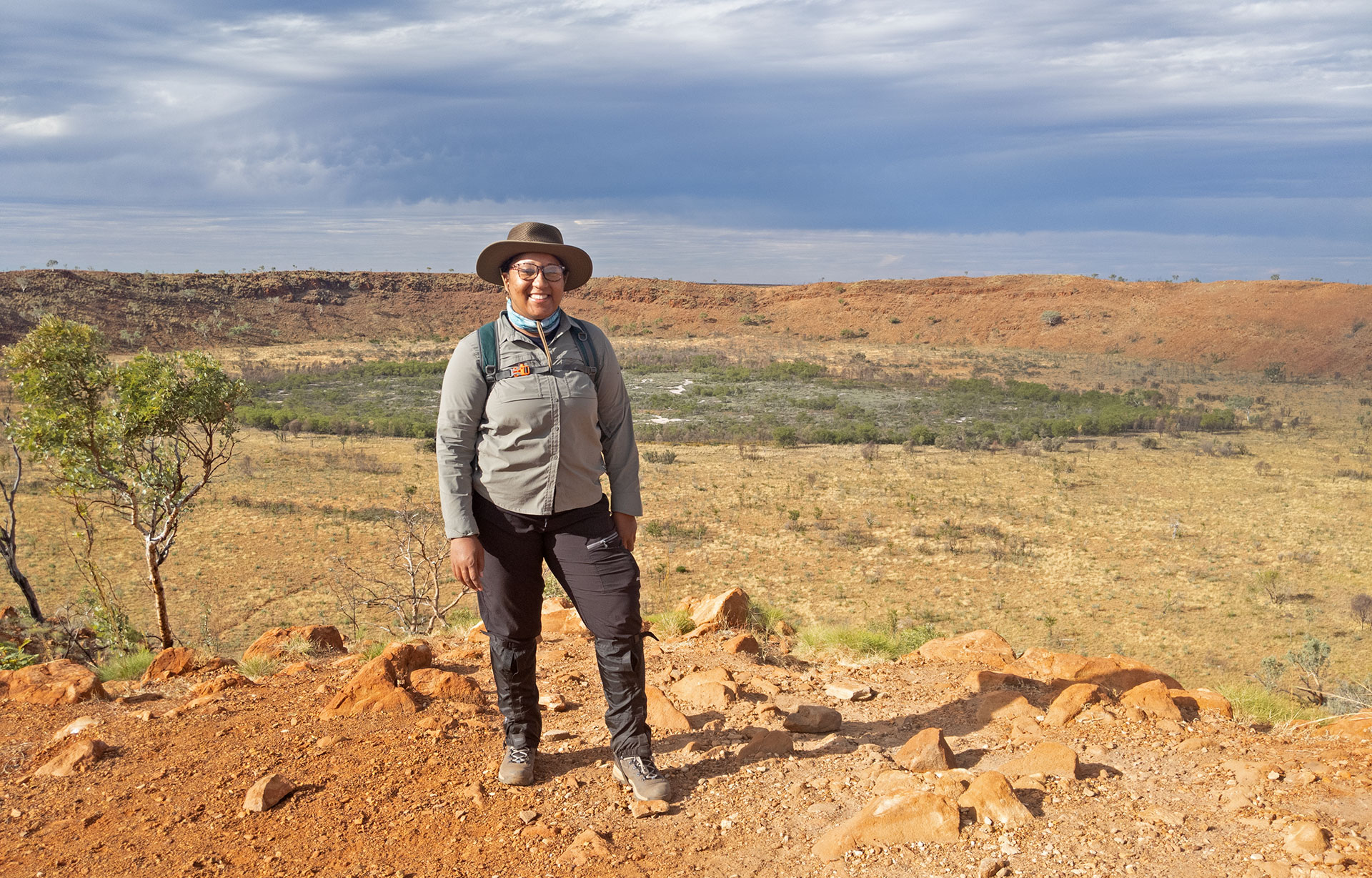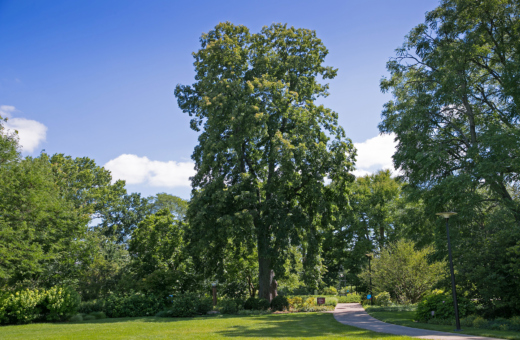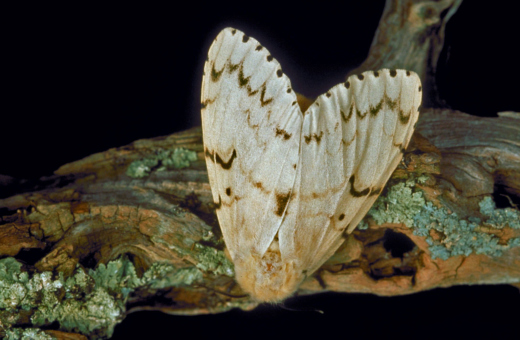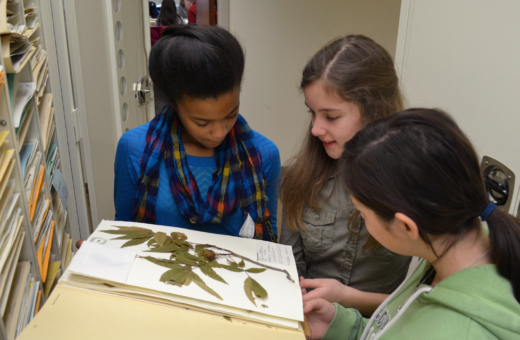March 14, 2023
The career path that brought botanist Tanisha Williams, PhD, to her work studying the effect of climate change on plants was “a squiggly line,” she says. Once she was an engineering major, and now she is a postdoctoral fellow in botany at Bucknell University in Pennsylvania and travels the world in her research.
One thing has been constant: people in her life who love plants, from her African violet–collecting great-grandmother to the researchers who have mentored her and the other botanists she has met since creating the #BlackBotanistsWeek hashtag in 2020.
Williams will describe her journey as a scientist and spread her own love of plants and people when she speaks about “Conserving Biodiversity,” Friday, March 17, as part of the Arboretum’s Women and the Environment speaker series.
She did not see herself as a scientist until, as an undergraduate engineering major, she participated in a research project on mahogany trees during a study-abroad experience in Peru and realized there was a future in studying plants: “Oh, people do this for a living.” She later worked for an engineering firm and a government agency before getting her doctorate in botany, experiences that she credits with showing her the wide range of work that plant lovers can do.
Williams now studies how climate change is affecting pelargoniums native to South Africa. (Pelargoniums are the red-flowered plants commonly sold in U.S. garden centers as “geraniums.”) Last week, she was selected by the Council of the Linnean Society of London to receive the 2022 Bicentenary Medal, which is annually awarded to a scientist under 40 in recognition of biological research excellence and contribution to the natural sciences.
Williams started #BlackBotanistsWeek in the wake of #BlackBirdersWeek, which was prompted by a viral episode in which a Black birder in Central Park was accosted and threatened by a white woman. In response, Black birders and nature lovers of many kinds made themselves visible on social media and connected for the first time. Williams was one of them. “I felt so much joy, finding the community, seeing Black people like me who love nature,” she said, “and I thought, ‘We need this in the botanical world.’ “
In addition to the social media hashtag, #BlackBotanistsWeek now has a newsletter and holds an online conference in late summer.
Though Williams is a botanical researcher, she has an expansive view of the field. “You don’t need an academic degree to think of yourself as a botanist,” she says. “Once you take that theory away, you find you have a lot more botanists in the room. There are all sorts of ways people can act on their interest in plants.”
When Williams speaks about biodiversity, she says, she isn’t just using it in the scientific sense. She’s also referring to the diversity of people and voices that are needed in fields of science and conservation that have historically been mostly male and overwhelmingly white.
The Arboretum created the series to tell the stories of influential women in plant science and conservation, now and in the past.
Brooke Pudar, adult learning specialist, said, “l was looking for people who can contribute to the Arboretum’s education programs in different and interesting ways because they are coming to conservation from different perspectives,” she said.
The series showcases women past and present, from a range of backgrounds, making contributions to plant science and conservation.



